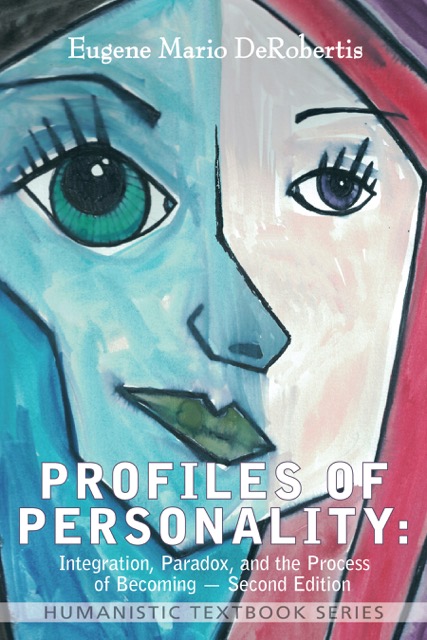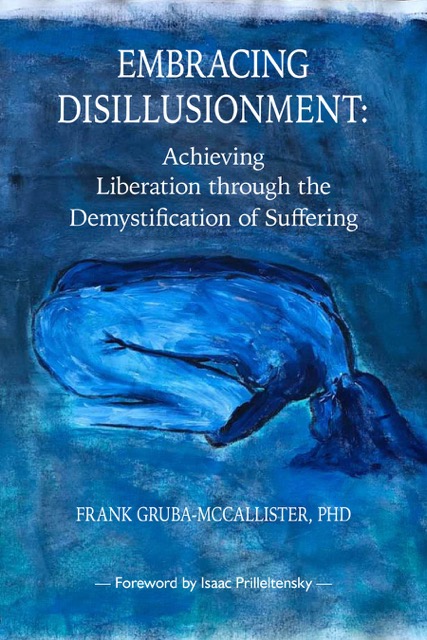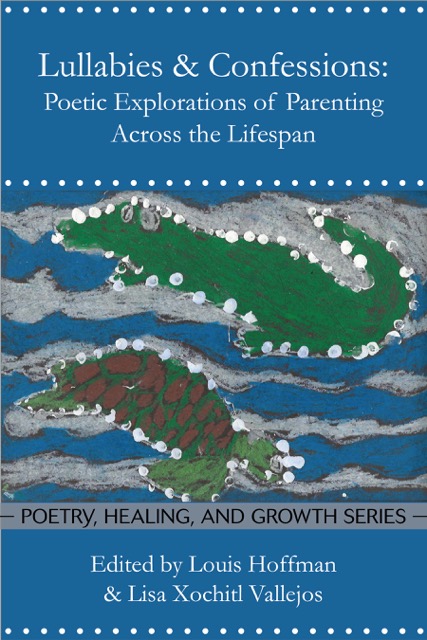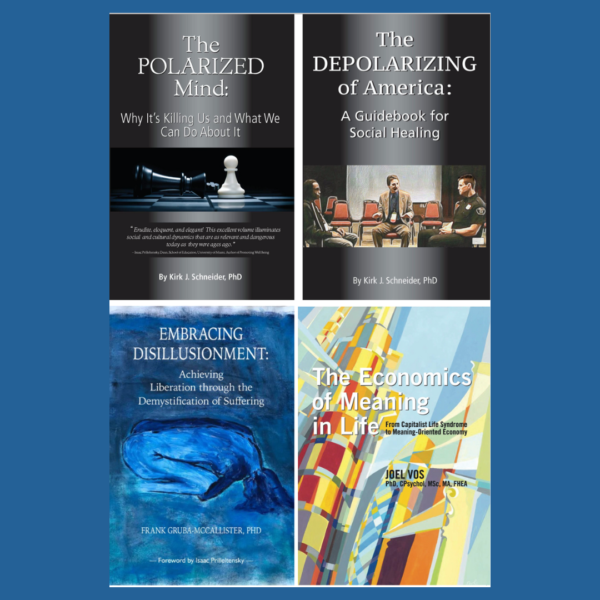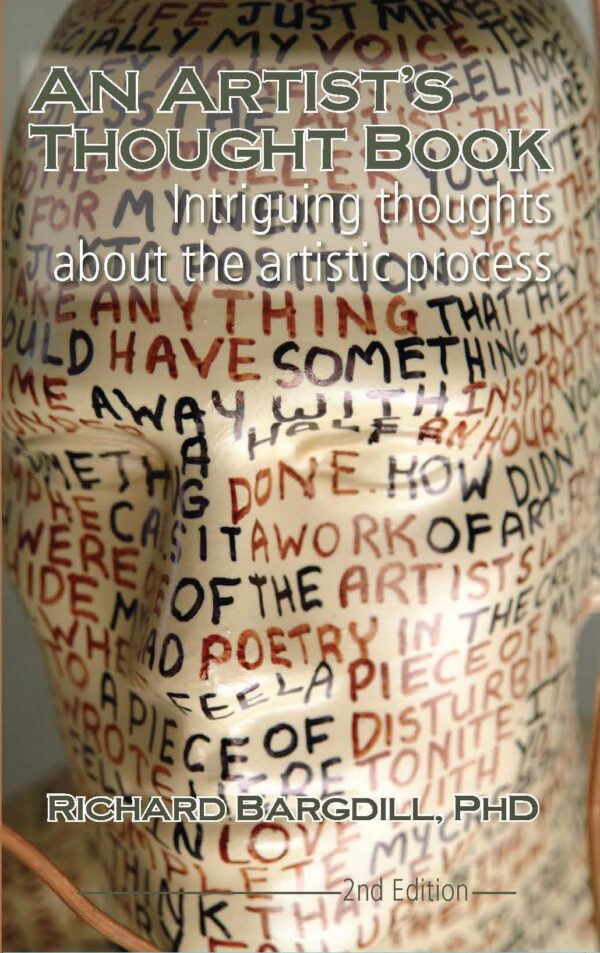Product Description
What People Are Saying About Profiles of Personality (2nd edition)
Profiles of Personality is the one of the most thoughtfully organized and rhetorically compelling personality textbooks available. Returning to personality as a study of (whole) persons, it foregrounds integration of theoretical approaches towards an unfolding understanding of life as lived, in keeping with the most important tenet of humanistic psychology. Coverage of the theories is clear and informed, blending the best of old and new ideas. The text’s clear structure and engaging narrative make it highly valuable for face-to-face discussion and online learning environments alike. It will help students grasp difficult concepts in personality psychology, engage critical thinking, and develop lifelong tools for self-understanding and more insightful interactions with others.
Lisa M. Osbeck, PhD
Professor of Psychology, University of West Georgia
Past-President, APA Division 1 (Society for General Psychology)
In light of new discoveries in neuroscience, the plasticity of the brain confirms a view of the human personality as fluid and dynamic. Most theories of personality are stuck in old views of the brain and human nature, but Eugene DeRobertis gives us a holistic and dynamic perspective on personality that is congruent with these new discoveries. In this book, his passion for the wonder and mystery of the human personality comes through, as does his clearly stated desire to convey that passion to an emerging generation of psychology students and practitioners.
Ilene A. Serlin, PhD, founder and director of Union Street Health Associates and the Arts Medicine Program at California Pacific MedicalCenter, editor of Whole Person Healthcare (3 volumes)
This is an excellent book. It is scholarly yet written in a highly interesting and accessible style. It is the kind of book that I can recommend to my students and colleagues.
David N. Elkins, PhD, Professor Emeritus of Psychology, Graduate School of Education and Psychology, Pepperdine University, author of Humanistic Psychology: A Clinical Manifesto
This is a delightful introduction to personality theories through the lens of humanistic psychology. I am sure you will enjoy it as much as I do.
Louise Sundararajan, PhD
Fellow of APA and past president of Society for Humanistic Psychology (Division 32, APA)
Profiles of Personality (2nd Edition) is available in ebook format at:
Apple iBooks
Amazon Kindle
Barnes & Noble Nook
Google Play
Profiles of Personality (2nd edition) is available in audiobook format at:
Audible
Apple iBooks (Available soon)
Amazon
Publication Date: June 14, 2021
Pages: 290
ISBN (Hardcover): 978-1-939686-97-8
ISBN (Paperback): 978-1-939686-74-9
ISBN (ebook): 978-1-939686-75-6
Eugene M. DeRobertis is a Professor of Psychology at Brookdale College in New Jersey and a Lecturer at Rutgers University-Newark. He holds a PhD in psychology from Duquesne University. Dr. DeRobertis has been teaching at the college level since 1996. Prior to committing himself to teaching full-time, he worked as a developmentally-oriented psychotherapist, an academic counselor, and an addictions counselor. Dr. DeRobertis has published multiple peer-reviewed works in the areas of phenomenological psychology, existential-humanistic psychology, psychological theory, and child psychology. He is the author of Humanizing Child Developmental Theory: A Holistic Approach (2008), The Whole Child: Selected Papers on Existential-Humanistic Child Psychology (2012), Existential-Phenomenological Psychology: A Brief Introduction (2012), and The Phenomenology of Learning and Becoming: Enthusiasm, Creativity, and Self-Development (2017). His personal interests include the history of rock and roll, horror in film, and American automobiles of the 1960s.
Acknowledgments
Preface
Chapter 1: Introduction
Part I: Micro-Intergenerational Theorizing: From Illusion to Adaptation
Chapter 2 Watson and Skinner: Personality as an Aggregate of Conditioned Responses
Chapter 3 Freudian Orthodoxy and the Psychosexual Personality
Chapter 4 Personality as a Reflection of Inherited (Common) Traits
Chapter 5 Rotter, Bandura, and Mischel: The Cognitive-Regulatory Personality
Part II Incipient Macro- Integrational Theorizing
Chapter 6 George Kelly: Personality as a Personal Construction System
Chapter 7 Erik Erikson: The Ego and the Psychosocial Personality
Part III Macro-Integrational Theorizing: The Paradoxical Process of Becoming
Chapter 8 William Stern and Gordon Allport: The Personal Personality System
Chapter 9 Alfred Adler: The Interpersonally Creative Personality
Chapter 10 Karen Horney and Carl Rogers: The Realizing-Actualizing Personality
Chapter 11 Abraham Maslow and Viktor Frankl: The Transcending-Actualizing Personality
Part IV Macro-Integrational Theorizing: Spanning the Horizons of Irreducible Relationality
Chapter 12 Carl Jung: The Ancestrally Nested Transcending Personality
Chapter 13 Personality as Multiculturally and Ecologically Nested
Chapter 14 Erich Fromm: The Politically and Economically Nested Biophilic Personality
Chapter 15 Rollo May: The Narratively Nested Destining Personality
Epilogue
References
Index
